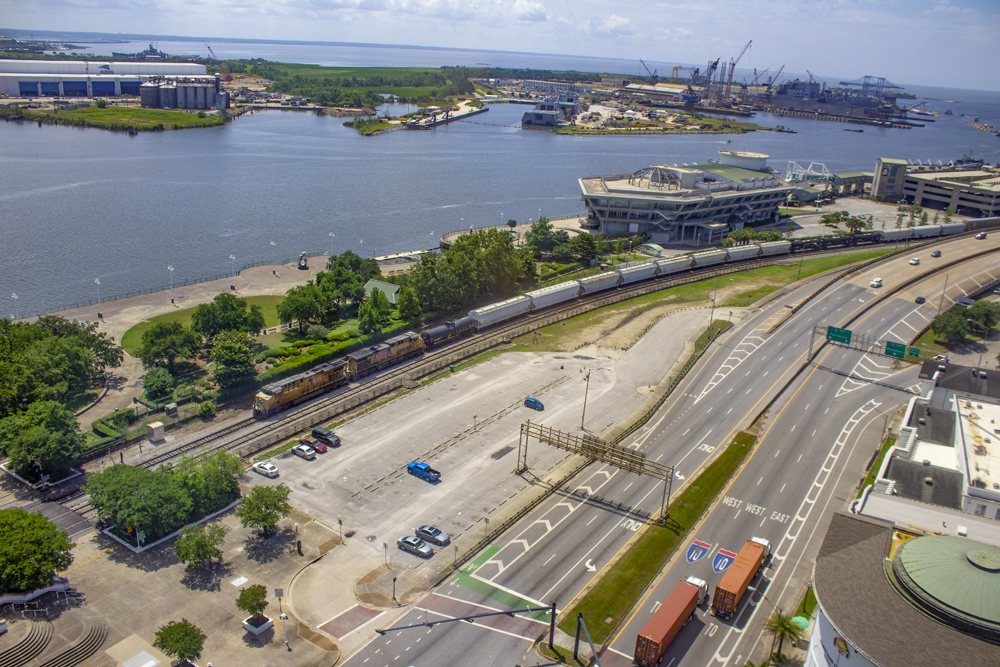
MOBILE, Ala. — The Mobile, Ala., city council today (Aug. 6) approved a long-sought funding agreement to support Amtrak Gulf Coast service, as well as a lease for use of city land for Amtrak’s stop in Mobile.
Those agreements, as well as approval of a deal with the Alabama Port Authority regarding funding, passed by 6-0 votes, with one council member absent. Passage of the three items removes a significant barrier to the start of service between Mobile and New Orleans.
Two of the resolutions passed after amendments were added during today’s meeting, WXXV-TV reports. The agreement between the city and Amtrak can be terminated if service is increased to more than the currently planned two round trips per day, or is extended east or north of Mobile; and the Port Authority has the right to terminate its agreement if the lease between the city and Amtrak is terminated.
Passage of the agreements, which required a 5-2 supermajority, became possible when councilman Josh Woods — previously an Amtrak opponent — accepted language in the agreement that limits the city’s responsibility for an operating subsidy to the first three years of the service [see “Mobile reaches agreement with Amtrak …,” Trains News Wire, July 24, 2024].
“We’ve been able to get across a high hurdle, and a key one,” said Amtrak spokesman Marc Magliari, “because the city staff, led by the mayor [Sandy Stimpson], and the city council both engaged with us over the last several weeks to answer their questions and agree to some amendments to obtain a vote that some thought was impossible.”
Mobile was placed in the atypical position of providing an operating subsidy when Alabama Gov. Kay Ivey opposed support to match that already approved by Mississippi and Louisiana. The passenger operation also faced opposition from the Port of Mobile, concerned it would interfere with freight service at the port.
Eventually, an effort led by Stimpson — who pointed out that a $178 million federal grant will create infrastructure improvements that will last even if the passenger service does not — helped lead to an agreement in which the port is contributing to the operating subsidy. The state has indicated that it might also provide some funds, but has yet to make a specific commitment.
“This is an incredible outcome and we have worked so very hard with our partners to finally get to this point,” Knox Ross, chair of the Southern Rail Commission, said in a statement. The SRC has played a major role in the Gulf Coast process, both awarding grants to cities along the route and helping land grant funding. “With the funding in place, this train can roll soon, and it will have a great return on investment and a tremendous impact in connecting people with jobs and education opportunities, boosting our local economies, and supporting our growing tourism industry in our coastal cities.”
The lengthy process of gaining approval for the revival of Gulf Coast service made the service a matter of interest beyond its region as an illustration of the difficulties in launching new or expanded passenger operations. Amtrak went to the Surface Transportation Board in 2021 an effort to force host railroads CSX Transportation and Norfolk Southern to cooperate with the planned service [see “Amtrak asks STB to require CSX, NS to allow Gulf Coast service,” News Wire, March 16, 2021]; that led to a lengthy series of hearings in 2022 that ultimately ended in a still-confidential settlement between the parties before the STB could issue a ruling.
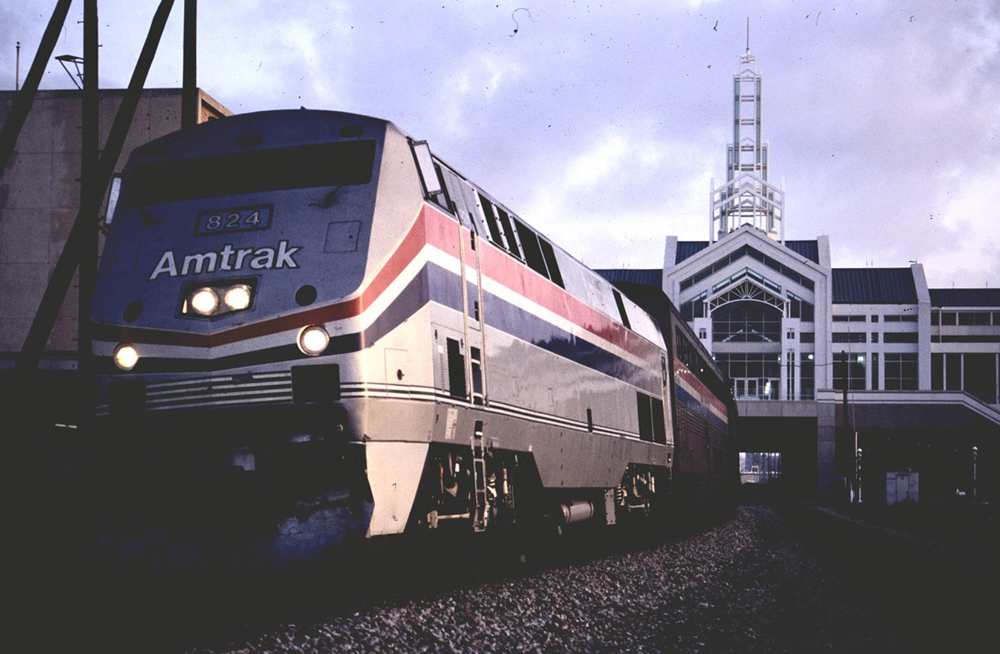
The route was awarded a federal CRISI (Consolidated Rail Infrastructure and Safety Improvements) grant in 2023 to help fund upgrades to support the service, but the start of work to be funded by that grant has been held up by the need to complete the funding and lease agreements with Mobile.
“This is a victory not only for Mobile but for every city and small town served by this route,” said John Robert Smith, chair of Transportation for America, a transportation policy advocacy group. “I applaud the City of Mobile for removing the final roadblock to the return of passenger rail service along the Gulf Coast. This victory will improve economic mobility, connect communities across the Deep South, and set an example for the expansion of passenger rail across the country.”
Magliari said next steps will be formalizing and signing the grant agreement, and the start of work by CSX for construction of the station track in Mobile.
The New Orleans-Mobile route was last served by a regional train, the Gulf Coast Limited, in 1997. It last saw any passenger service in 2005, when the transcontinental extension of the Sunset Limited between New Orleans and Florida was ended because of damage caused by Hurricane Katrina.





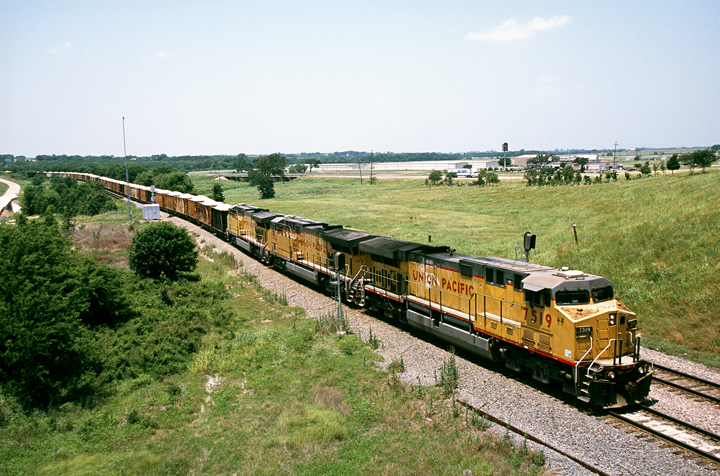
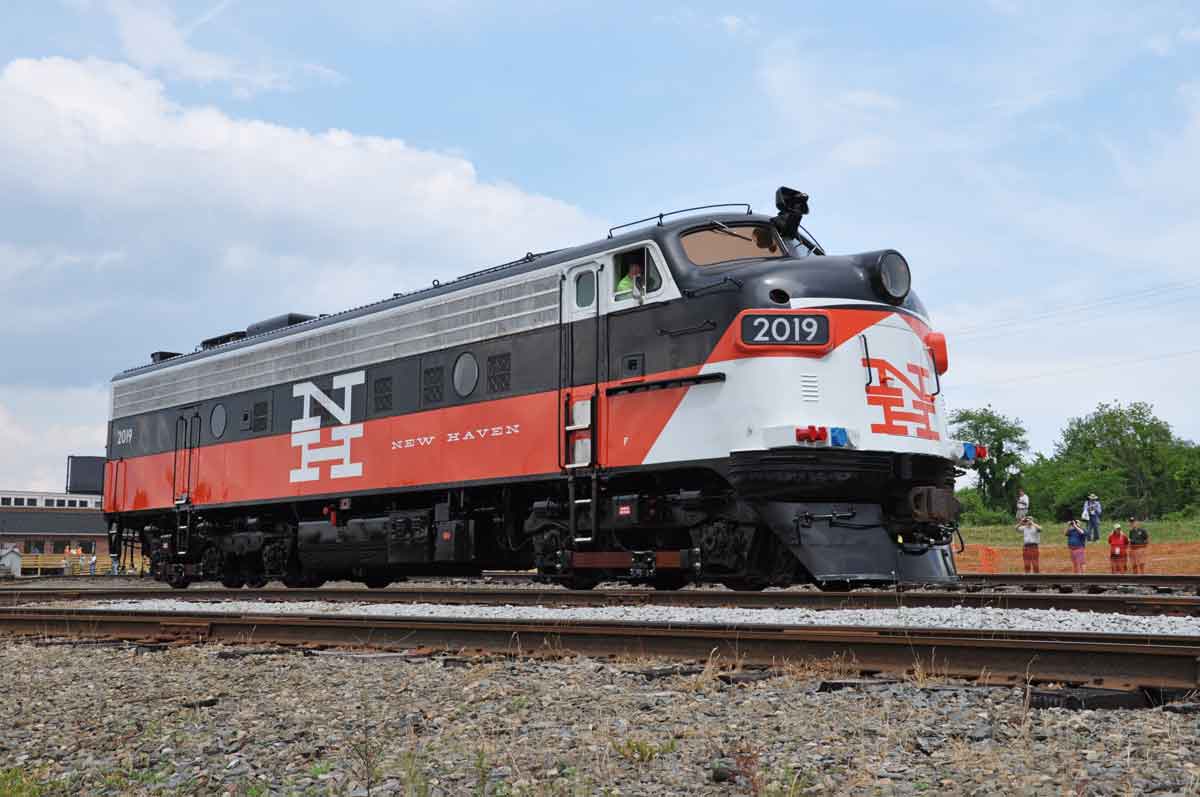
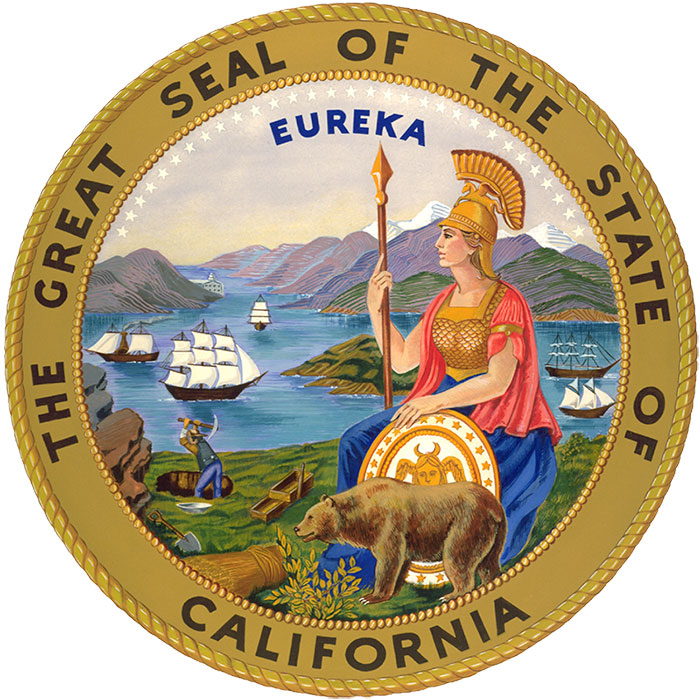

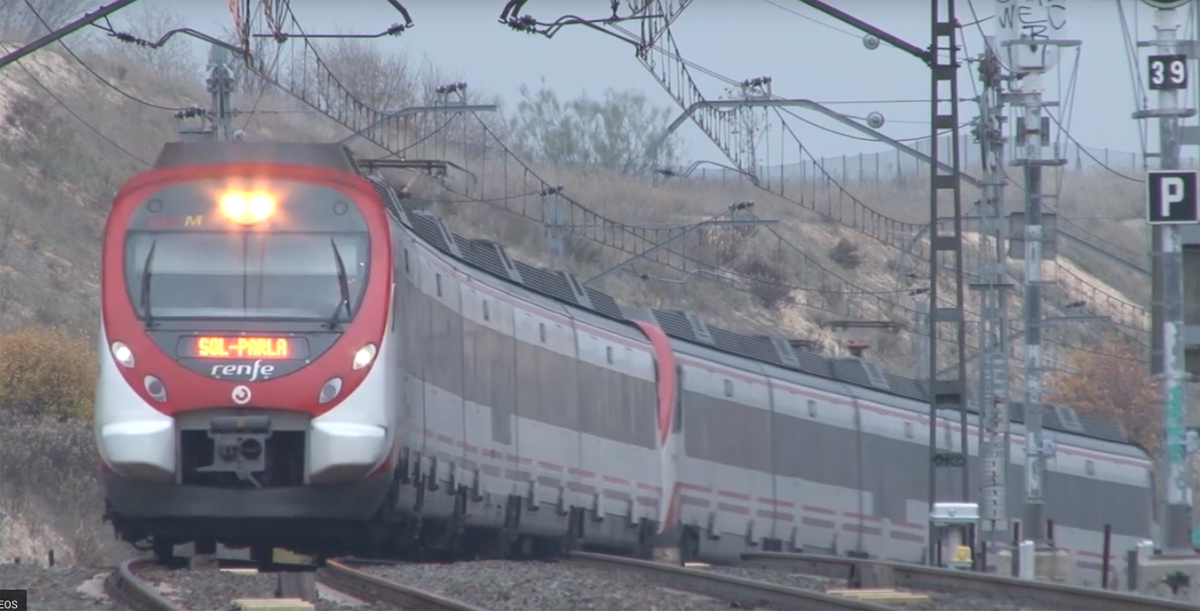





The long distance fleet is held together (barely) by bubble gum, band-aides and baling wire, yet Amtrak throws money at a route that local authorities really don’t want, can’t expand and has questionable viability. Incredible, but not surprising.
So I guess that kills the possible Detroit to New Orleans long distance route. Disappointing.
That would probably fall under a different funding mechanism. I wouldn’t write that off yet.
The Class 1’s have found a very lucrative way to get the public to pay for what they won’t pay for. Want passenger rail? No way until we get money by the train load. I say the money and equipment would be better used in places where service is really needed and wanted by the all involved. Wonder if Mobile tells any other business you can set up shop here but absolutely not permitted to grow.
I don’t understand the thinking of “can be terminated if service is extended east or north of Mobile.”
Wasn’t worth the effort many other states/communities would have been more deserving & more supportive of new or expanded rail service than this community. These type politicians (you know what I mean) don’t like passenger rail & they don’t deserve it. The only winner is the CSX getting free track expansion at taxpayer expense & then don’t even operate the trains on schedule. Extra $$ for the CEO & stock holder & pay for all the derailments.
The $178M federal “grant” is primarily corporate welfare to the very profitable CSX to lengthen sidings for their 3 mile long freight on the single track railroad. Taxpayers are funding CapEx for increased capacity for a company that refuses to pay to remove operational bottlenecks.
I am puzzled about the reticence of Alabama, Mobile and the port for all these years. Mobile and New Orleans are both cruise ports and the Mississippi coast is a casino resort destination. The Amtrak service can only benefit Alabama tourism. But ideologues will be ideologues…